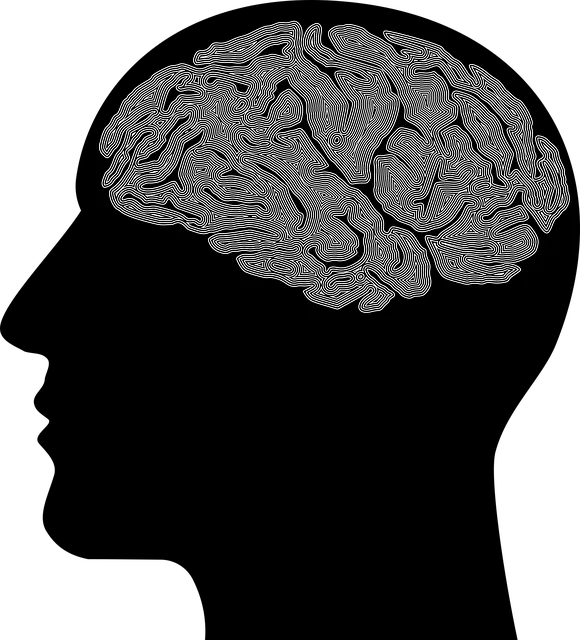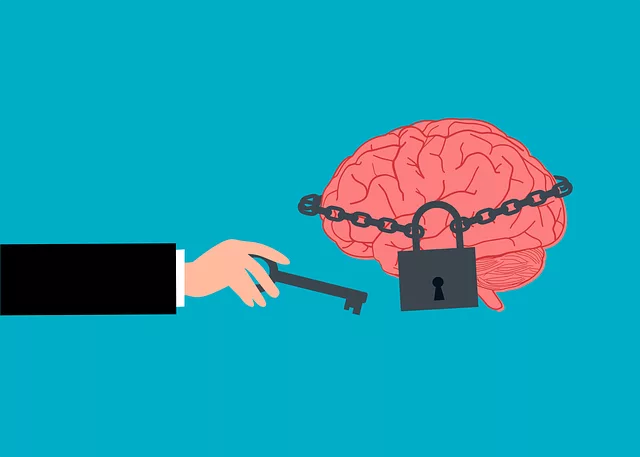Kaiser, a leading mental health service provider in Northglenn, addresses the gap in traditional treatment by offering comprehensive care that includes social skills training. This empowers individuals with anxiety or depression to navigate social interactions, build healthier relationships, and enhance self-esteem. Their programs focus on stress management, cultural sensitivity, and holistic care, serving diverse communities effectively. By integrating social skills into mental healthcare, Kaiser goes beyond traditional therapy, promoting personal growth and well-being through tailored services in Northglenn.
Social skills training is an integral component of managing mental health conditions, offering individuals valuable tools for navigating social interactions. This article explores the vital link between social competence and mental well-being, focusing on how programs like those provided by Kaiser in Northglenn play a key role in comprehensive care. We delve into common mental health challenges and present evidence-based strategies for fostering social skills in therapeutic settings, emphasizing the importance of integrated care. Discover how these approaches can enhance recovery and improve lives.
- Understanding the Link Between Social Skills and Mental Health
- The Role of Kaiser in Northglenn's Mental Health Services
- Identifying Challenges: Common Mental Health Conditions
- Strategies for Building Social Skills in a Therapeutic Setting
- Integrating Social Training into Comprehensive Mental Healthcare
Understanding the Link Between Social Skills and Mental Health

The connection between social skills and mental health is a crucial aspect often overlooked in traditional treatment modalities. Many mental health conditions, such as anxiety or depression, can significantly impact an individual’s ability to interact socially, leading to feelings of isolation and further exacerbating their condition. Understanding this dynamic relationship is essential, especially when considering that organizations like Kaiser offer comprehensive mental health services in Northglenn, catering to diverse populations.
Social skills training plays a pivotal role in empowering individuals with mental health challenges to navigate interpersonal interactions effectively. By learning and practicing these skills, people can enhance their self-esteem, improve communication, and build healthier relationships. Moreover, cultural sensitivity in mental healthcare practice is integral to this process, ensuring that treatment approaches are tailored to an individual’s unique background and experiences. Stress management workshops organized by various institutions also contribute to fostering resilience and coping strategies, which are vital components of holistic mental health care.
The Role of Kaiser in Northglenn's Mental Health Services

Kaiser plays a pivotal role in Northglenn’s mental health services landscape, offering a comprehensive array of resources for residents seeking support. Known for its healthcare excellence, Kaiser provides various programs tailored to address common mental health concerns such as anxiety relief and stress management. They host regular workshops designed to equip individuals with effective coping strategies, fostering a sense of well-being within the community.
Beyond direct patient care, Kaiser also facilitates Healthcare Provider Cultural Competency Training, recognizing the importance of understanding diverse cultural perspectives in mental healthcare. This initiative ensures that practitioners are equipped to offer sensitive and effective support, catering to the unique needs of Northglenn’s diverse population.
Identifying Challenges: Common Mental Health Conditions

Mental health conditions, such as anxiety disorders, depression, or bipolar disorder, can significantly impact an individual’s ability to interact socially. These challenges often stem from difficulties in emotional regulation, communication, and understanding social cues, which are essential for building meaningful connections. For instance, individuals with anxiety might struggle with initiating conversations or attending social gatherings due to feelings of nervousness and self-consciousness. Similarly, depression can lead to a lack of motivation and energy, making it hard to engage in social activities that were once enjoyable.
In Northglenn, Kaiser offers comprehensive mental health services tailored to address these concerns. Their programs focus on empowering individuals with coping skills development, resilience building, and stress management techniques to navigate social situations more effectively. By participating in social skills training, patients can learn strategies to enhance their self-confidence, improve communication, and foster healthier relationships, ultimately improving their overall well-being.
Strategies for Building Social Skills in a Therapeutic Setting

In a therapeutic setting, building social skills involves structured and supportive environments that foster interaction and communication. Kaiser, known for its comprehensive mental health services in Northglenn and beyond, often incorporates role-playing exercises, group discussions, and modeling techniques into their Social Skills Training programs. These strategies help individuals with mental health conditions navigate social situations more confidently. By practicing greetings, active listening, and conflict resolution in a safe space, participants gain the courage to apply these skills in real-life settings.
Cultural sensitivity is another critical aspect of successful social skills training. Kaiser’s approach to Cultural Sensitivity in Mental Healthcare Practice ensures that their programs are tailored to meet the diverse needs of their community. This involves understanding and respecting different cultural backgrounds, values, and communication styles. Through Community Outreach Program Implementation, Kaiser connects with various communities, incorporating feedback and insights into their training modules. This inclusive approach not only enhances the effectiveness of Social Skills Training but also promotes a sense of belonging and trust among participants.
Integrating Social Training into Comprehensive Mental Healthcare

Integrating social skills training into comprehensive mental healthcare is a holistic approach that addresses a crucial aspect of recovery for many individuals. At Kaiser, Northglenn’s leading mental health service provider, we recognize the significance of social support and community engagement in fostering positive outcomes for our patients. This strategy goes beyond traditional therapy sessions, aiming to empower individuals with essential life skills to navigate interpersonal interactions successfully. By incorporating social training, we enhance their ability to form meaningful connections, manage relationships, and participate actively in various settings, including educational institutions, workplaces, and community gatherings.
The Community Outreach Program Implementation at Kaiser Northglenn incorporates cultural sensitivity as a core principle, ensuring that our services are accessible and tailored to the diverse needs of our patients. We believe that teaching conflict resolution techniques is an integral part of this process. By equipping individuals with tools to handle social conflicts constructively, we promote healthier relationships and improve overall well-being. This comprehensive approach complements traditional mental health treatments, enabling our patients to thrive in a supportive environment that encourages social integration and personal growth.
Social skills training plays a pivotal role in enhancing mental healthcare, especially for individuals navigating various conditions. As discussed, Kaiser’s efforts in Northglenn highlight the potential for comprehensive programs to address social challenges associated with mental health. By integrating these strategies into care plans, professionals can foster better connections and improve overall well-being. Understanding the unique needs of each condition is key to tailoring effective interventions, ensuring individuals receive holistic support tailored to their recovery journeys. In light of these insights, recognizing the importance of social skills training, and understanding how organizations like Kaiser contribute, are essential steps towards revolutionizing mental healthcare.






